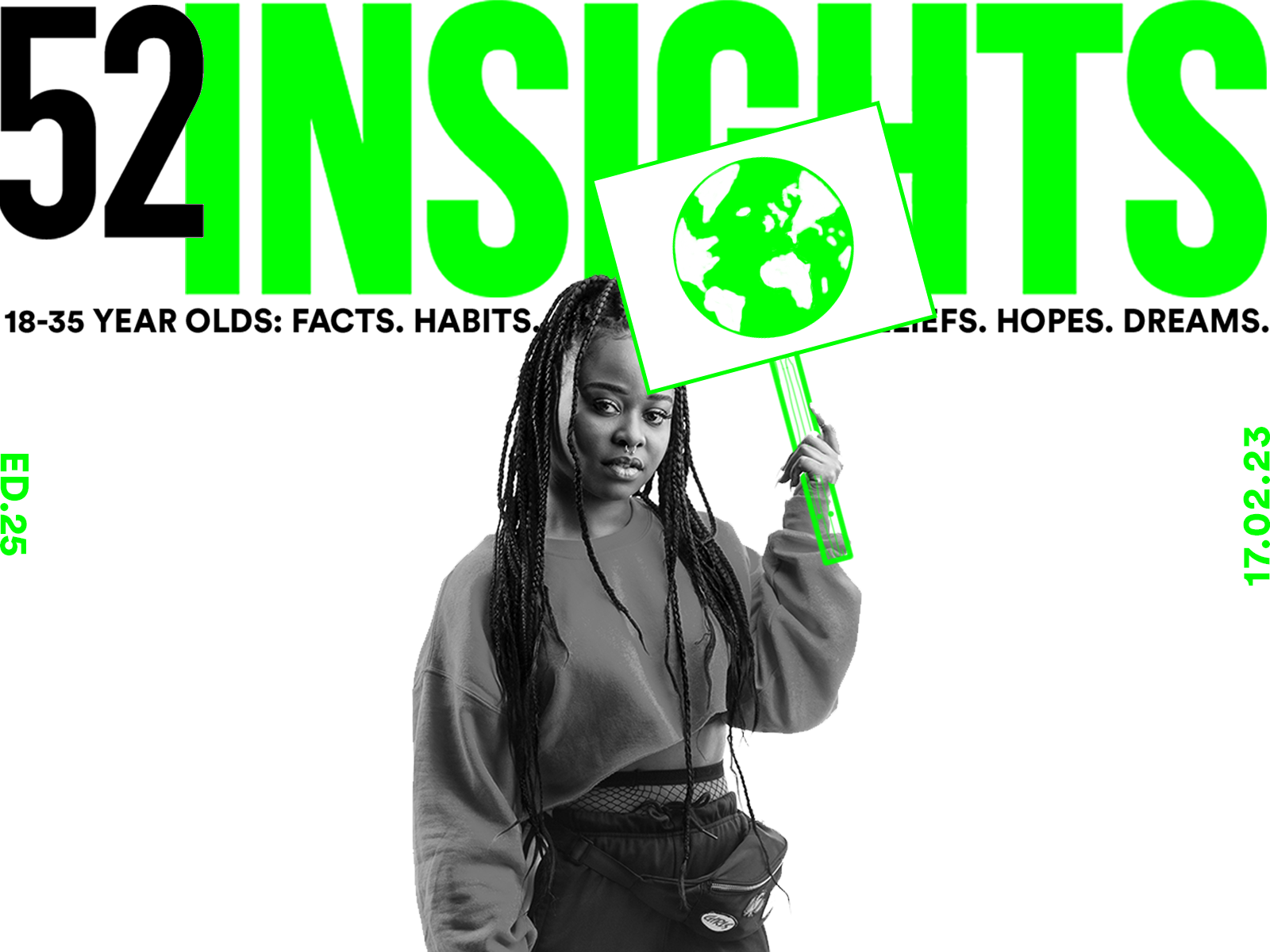GREENWASHING 2.0 & UPDATED GUIDANCE ON GREEN CLAIMS Greenwashing (enhancing or fabricating the environmental impact of a product or service) is a growing problem. Planet Tracker talks about how sophisticated it is becoming, and recently identified six different tactics being used by greenwashers, misleading and perpetuating poor performance. These include Greencrowding, Greenlighting, Greenshifting, Greenlabelling, Greenrinsing and Greenhushing (read more about them here). The European Commission says that 40% of environmental claims, such as ‘green,’ ‘eco’ or ‘environmentally friendly’ are unsubstantiated. In response to these trends, the Advertising Standards Authority in the UK has just released updated guidance on misleading environmental claims and social responsibility in advertising. Examples of general environmental issues which this addresses include: - Clarity of claims - including interpretation and knowledge of audience.
- Clarity of terms - meaning, qualifications and limitations must be clear, eg. There is little consensus to the meaning of Carbon neutral and net zero.
- Substantiation - robust documentary evidence for claims.
- ‘Full lifecycle’ claims eg. Good for the planet, Helping to support a more sustainable future, 100% eco-friendly, Environmentally friendly, Zero emissions, Less plastic
- Scientific opinion (do not claim universal acceptance if there is significant opposing opinion).
- Adverse effects - products that do not damage the environment should not claim that the product has been changed to make it safe or, if a product is, by its nature, environmentally damaging, it should not be implied that by improving it you have stopped an adverse impact.
- Environmental benefit - substantiated or technically correct benefits in ads must take care not to mislead eg. by highlighting the absence of an environmentally damaging ingredient if that ingredient is not usually found in competing products.
- Energy efficiency class and product fiche information ie. BCAP EU code.
Clarity and qualification are the basic ingredients to making a responsible claim, and marketers are being reminded to never assume that audiences have knowledge or understanding of the meaning of certain claims. Even brands breaking category boundaries need to be vigilant. Read more detail in the report. |

